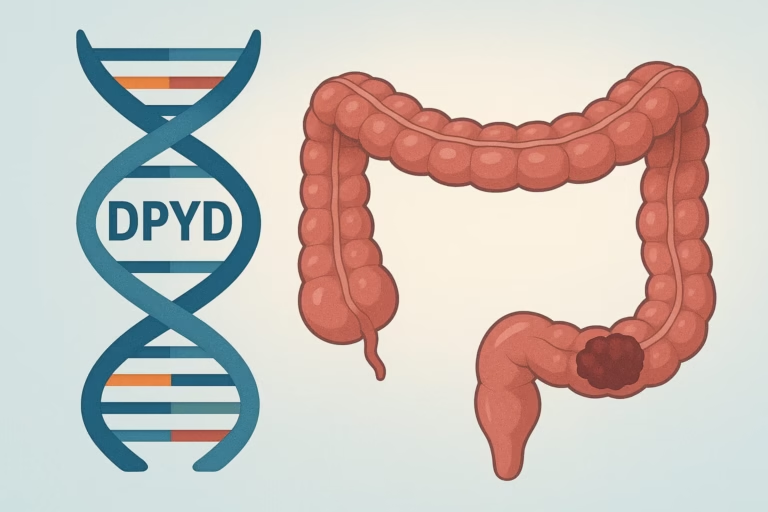Were you aware that significant bodily responses can occur in up to 30% of patients who undergo certain chemotherapy treatments, responses that pose severe and potentially fatal threats to their lives? In the realm of medicine, DPD deficiency represents a relatively uncommon condition, one that manifests due to inadequate or diminished activity of the DPD enzyme within an individual's physiology. This insufficiency is known to significantly influence the response to cancer therapies, particularly those that fall under the category of fluoropyrimidines, e.g., 5-fluorouracil and capecitabine. Diminished levels of the DPD enzyme may lead to an accumulation of aforementioned drugs within the body, thereby elevating their toxic impact, and subsequently, intensifying the severity of expected side effects. The complex interplay underpinning DPD deficiency emphasizes the critical need for an in-depth comprehension of its etiology and effects in...
_____
If you are a member of our Association, please log in below to continue reading our exclusive content.
Not a member yet? Discover the benefits of joining our network and gain access to exclusive content like this for only $29.95 per month. Learn More and Sign Up





